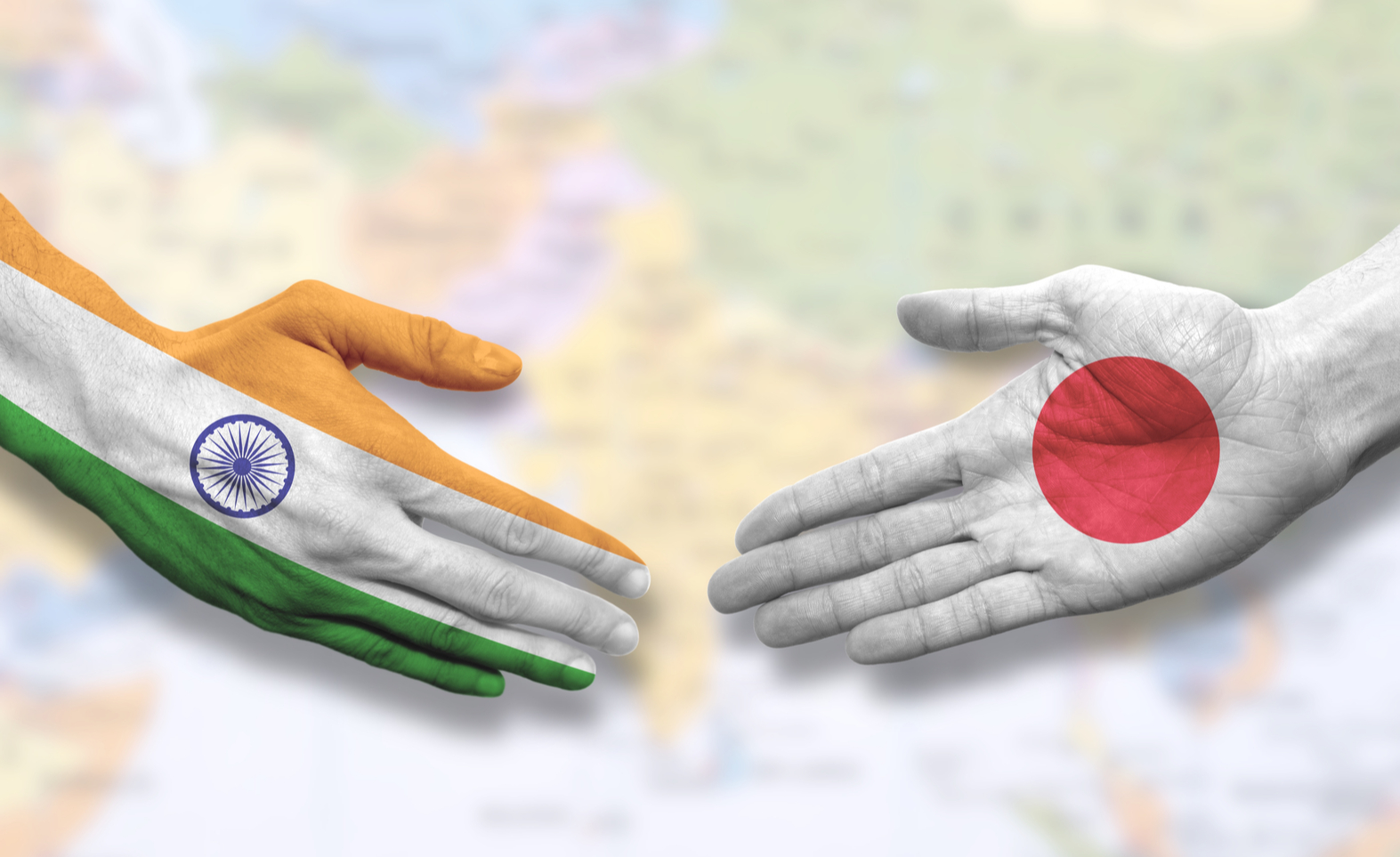
January 6, 2021
MoC signed between India and Japan to promote the mobility of skilled workers and professionals in 14 sectors.
These sectors include Nursing, electronics, industrial machinery manufacturing, aviation, agriculture etc.
India has taken on similar partnerships with countries like Finland, UK, Australia, France, UAE etc.
This will not only help Japan in meeting the estimated labour shortages, but also boost India’s remittance economy.

Enhancing people-to-people contact and promoting the mobility of skilled workers and professionals from India to Japan, a Memorandum of Cooperation was signed between the two countries, wherein Indian workers would be granted a new status of being a Specified Skilled Worker by the Government of Japan. Entailing the “Basic Framework for Partnership for Proper Operation of the System Pertaining to Specified Skilled Worker”, this MoC would set an institutional mechanism for partnership and cooperation between the two nations on migration of its workers who have qualified and completed the required skill and Japanese language test to work in 14 specified sectors in Japan. These 14 sectors include Nursing care, building cleaning, Material Processing industry, Industrial machinery manufacturing industry, Electric and electronic information related industry, Construction, Shipbuilding and ship-related industry, Automobile maintenance, Aviation, Lodging, Agriculture, Fisheries, Food and beverages manufacturing industry and Foodservice industry.
The Indian diaspora in Japan consists of 38,000 people and has been fluctuating with the increase in the number of professionals, including those in IT, engineering, management finance and scientific research. This MoC will encourage more Indians to work in Japan and bolster cooperation in skills development. In 2016, the two sides signed the “Manufacturing Skill Transfer Promotion Programme” agreement for training 30,000 people over 10 years with Japanese-style manufacturing skills through the Japan-India Institutes for Manufacturing (JIM) and Japanese Endowed Courses (JECs) in Indian colleges. Further in 2017, the two countries signed the “Technical Intern Training Programme” agreement providing the Indian youth internship opportunities in Japan in manufacturing, healthcare, construction, textiles, and agriculture. By the year 2030, Japan may encounter a labour force shortage of 6.44 million people by 2030. Tokyo, capital of Japan, alone will be short of 1.33 million workers. The movement of skilled workers from India will help Japan in meeting the estimated labour shortages and also boost India’s remittance economy.
The Indian government aims to make India a leading supplier of skilled workers to the global market through its domestic skill training programmes like Skill India, which is working in close coordination with 11 countries across various areas of interest to upscale and ensure global standards in skill development. The government has also signed 19 MoUs with different countries such as UAE, Japan, etc to ensure global mobility through cross country internship programmes and hiring of Indian workforce for special projects and requirements.
Partnerships similar to that with Japan have been done with countries like Finland, UK, Australia, France etc. to give a boost to skill development in the country and to tap into international opportunities of training and employment. Fostering inclusive development, a special focus is given to women in the Skill India Mission aiming to increase the participation of women in its various programmes, considering the tangible and intangible value they bring to the economy. This includes skilling in areas where women have a stronghold (yoga, beauty, and wellness, etc), putting in place guidelines that emphasise creating safe and gender sensitive training environment, complaint redressal mechanism, making provision for safe transport, flexible schedules, childcare support, flexible training delivery mechanisms such mobile training units, among a host of others.
Keeping the momentum going The Skill India Mission plays a key role in re-skilling and up-skilling the workforce by ensuring that the skills are learnt through formal means and are certified, bringing about a shift in the Indian economy from being unorganised to organised. The Indian workforce is now better equipped to leverage the existing job opportunities in the country, transforming their skills into enhanced productivity, thereby acting as a catalyst for growth and development.
According to a Ministry of External Affairs source India is ready to improve the presence of highly skilled workers and professionals through mutually beneficial arrangements with Europe, the US and Japan. India was ranked at the top with 3 lakh highly educated Indians in the OECD countries, which is reflective of the skilled and trained workforce that India possesses. India is well-positioned both geo-economically and geo-politically to create and provide a globally skilled workforce, thereby evolving into the skill capital of the world.